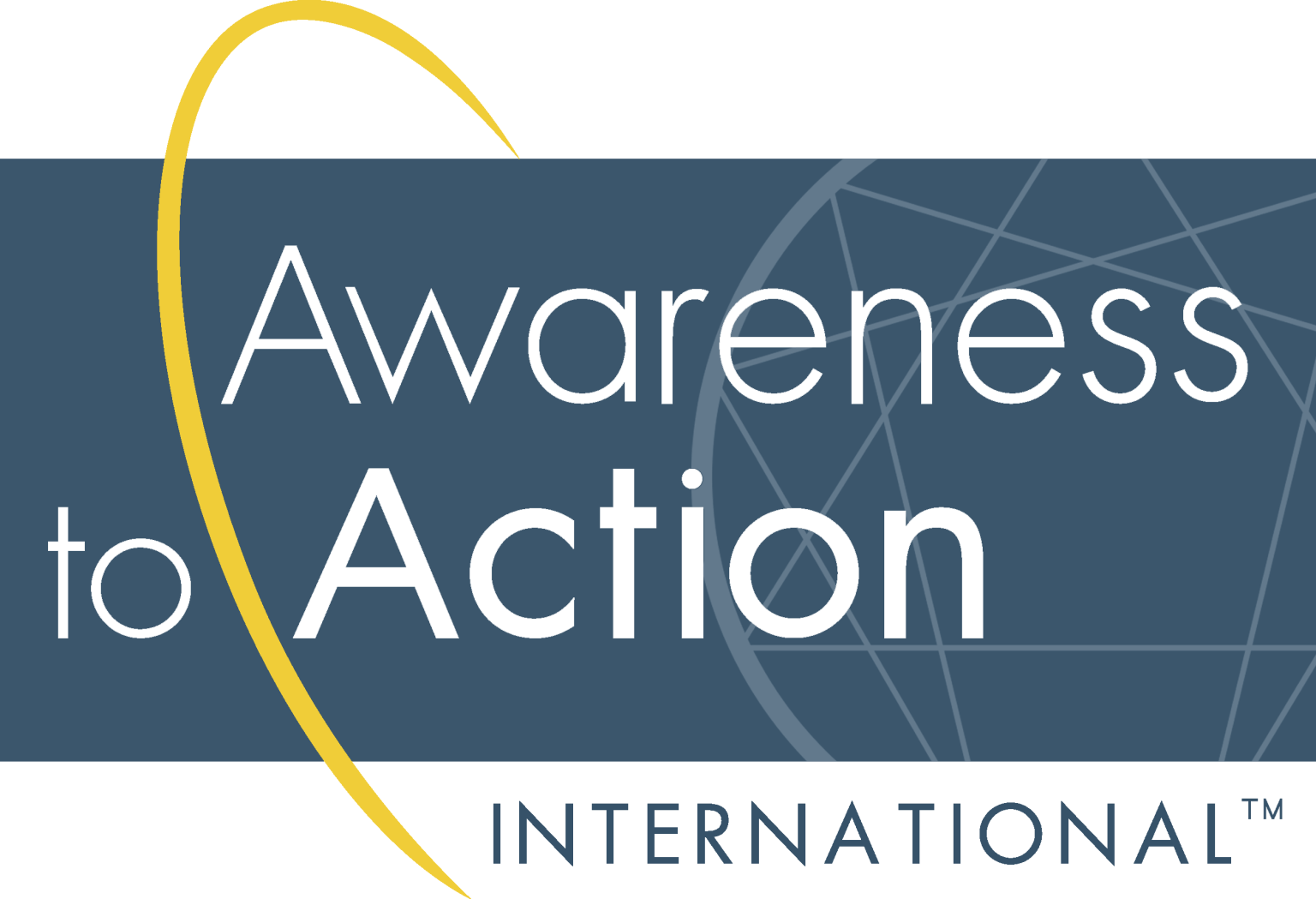The tone was pleasant enough, but the words fascinated me:
“I started reading your Enneagram Journal article today but became so frustrated after a few pages that I tossed it on the bed and had to go out for a walk and a swim.”

We were talking at a cocktail party and were interrupted before I got a chance to explore the comments further, but a comment like that sticks with you. I wasn’t offended, but the visceral response (a walk and a swim, after all) described by my interlocutor got me to thinking about the way we in the Enneagram community tend to react to ideas that are different to ours and our general unwillingness to debate the substance of theoretical differences in public.
I have long found this unwillingness to engage ideas to be frustrating, but I also understand that I am not like most people. I like to argue, debate, confront, defend. I find the heated give-and-take of intellectual exchange to be exhilarating. I feel that if the other person convinces me of the validity of their ideas, I have learned something and grown; if I am not convinced I have found one more thing that is not true, which gets me closer to that which is true. I expect people to defend and assert their ideas rigorously and forcefully, and I do the same. Good ideas survive the crucible; bad ideas deserve the flame that devours them.
David Hume wrote, “Truth springs from argument among friends,” a premise I wholly embrace. I tell people that if I criticize their ideas it is because I take them seriously enough to challenge them. I understand that not everyone has this same view, or the same level of energy for rigorous debate. There is an old saying that you should not wrestle with a pig; you get dirty and the pig enjoys it. I am that pig and I understand that not everyone wants to get into the mud. However, I can’t help but think that the Enneagram community loses something by not being willing to engage in robust debate and challenging ideas in a more public format. Any body of knowledge that isn’t continually pressure tested and reassessed as new insights arise is doomed to calcification and irrelevance. It would sadden me to see this happen to the Enneagram, for it to devolve into a set of unquestioningly accepted assumptions.
It would also sadden to see the other possible outcome of the unwillingness to confront–that any half-formed Enneagram-related theory or concept is accepted no matter how incoherent, inconsistent, or fact-free it may be. A body of knowledge that has no barriers to entry becomes a postmodern, “you-have-your-truth-I have-mine” bore; a realm in which rigor-free and bromidic “spirituality” is confused with depth.
We need to remember that it is usually when people are unwilling to debate, or at least discuss, differences that differences go into the shadow–often, superficially polite and artificially homogeneous communities are marked by bitterness and fractiousness below the surface. Airing differences in respectful-but-robust discourse allows for the development of true community.
The article in the 2013 Enneagram Journal that brought the response described at the beginning of this blog is titled “Endless Forms Most Beautiful: Essentialism, Teleology, and the Enneagram.” It was sure to rub some people the wrong way because it questions the Neoplatonic Essentialism espoused by A. H. Almaas and Oscar Ichazo that underly much current Enneagram teaching, and it points out some glaring flaws in the “scientific” support for Ken Wilber’s teleology (at a time when Integral is a persistent meme in the Enneagram world, no less). I think it makes a compelling argument in support of my claims (and the Journal’s reviewers felt I made an argument at least worthy of publication), but I am hoping it will start a larger conversation about these ideas in the Enneagram community. I encourage anyone so interested to read it and begin a discussion at www.ninepointsmagazine.org. I also hope the Enneagram community will grow in its willingness to engage in the exchange of ideas–to have respectful, creative, and rigorous debate.
Perhaps through argument we will get closer to the truth.






